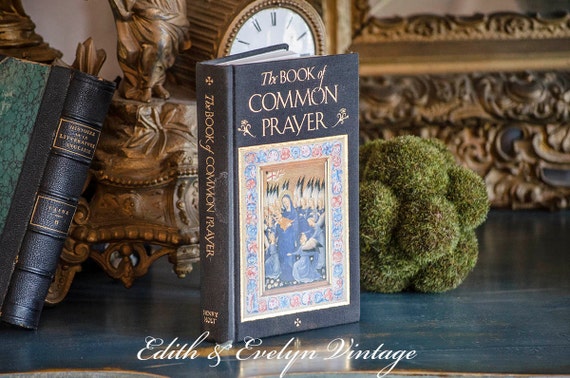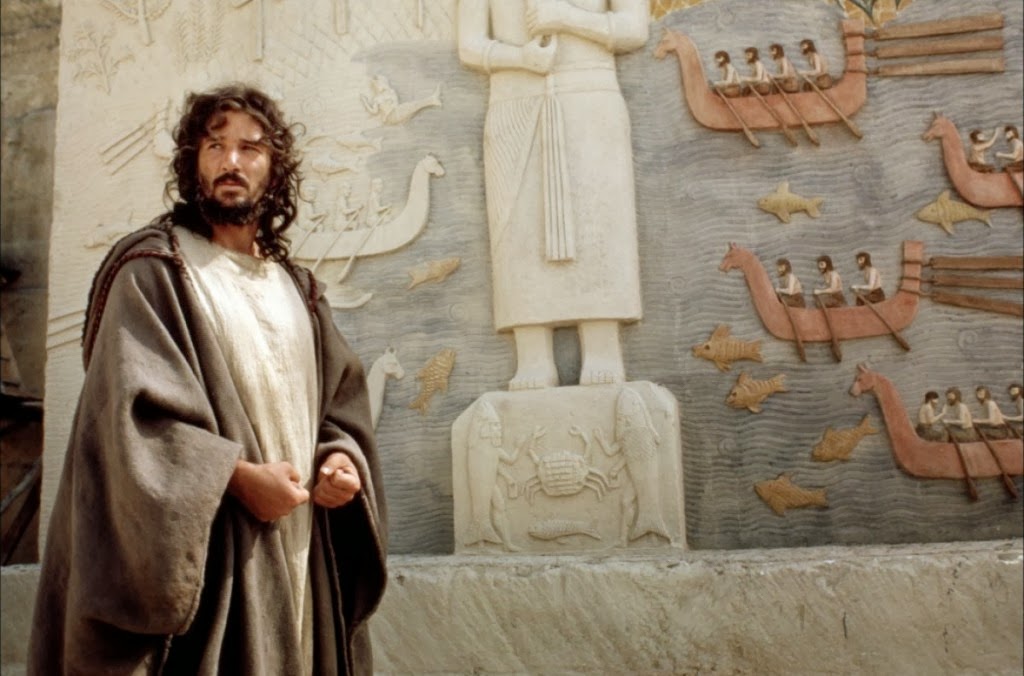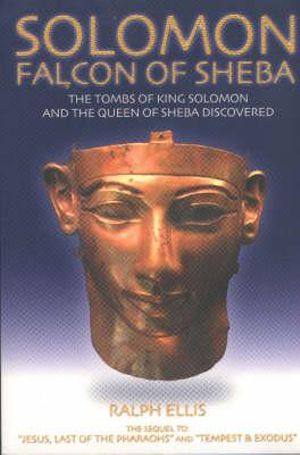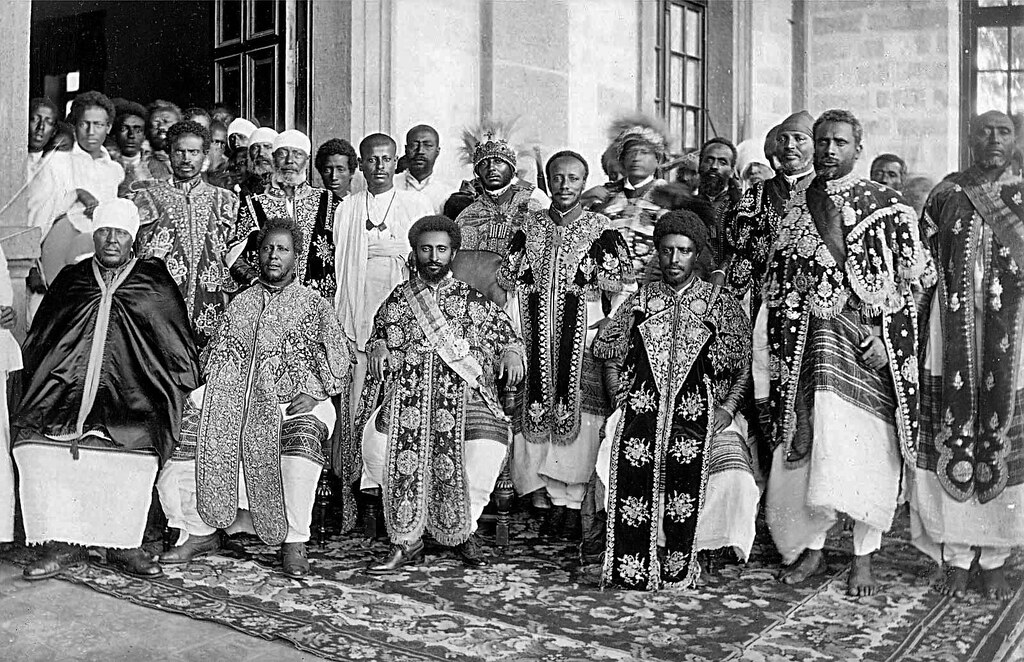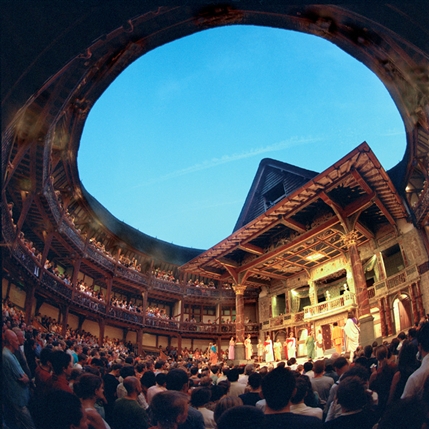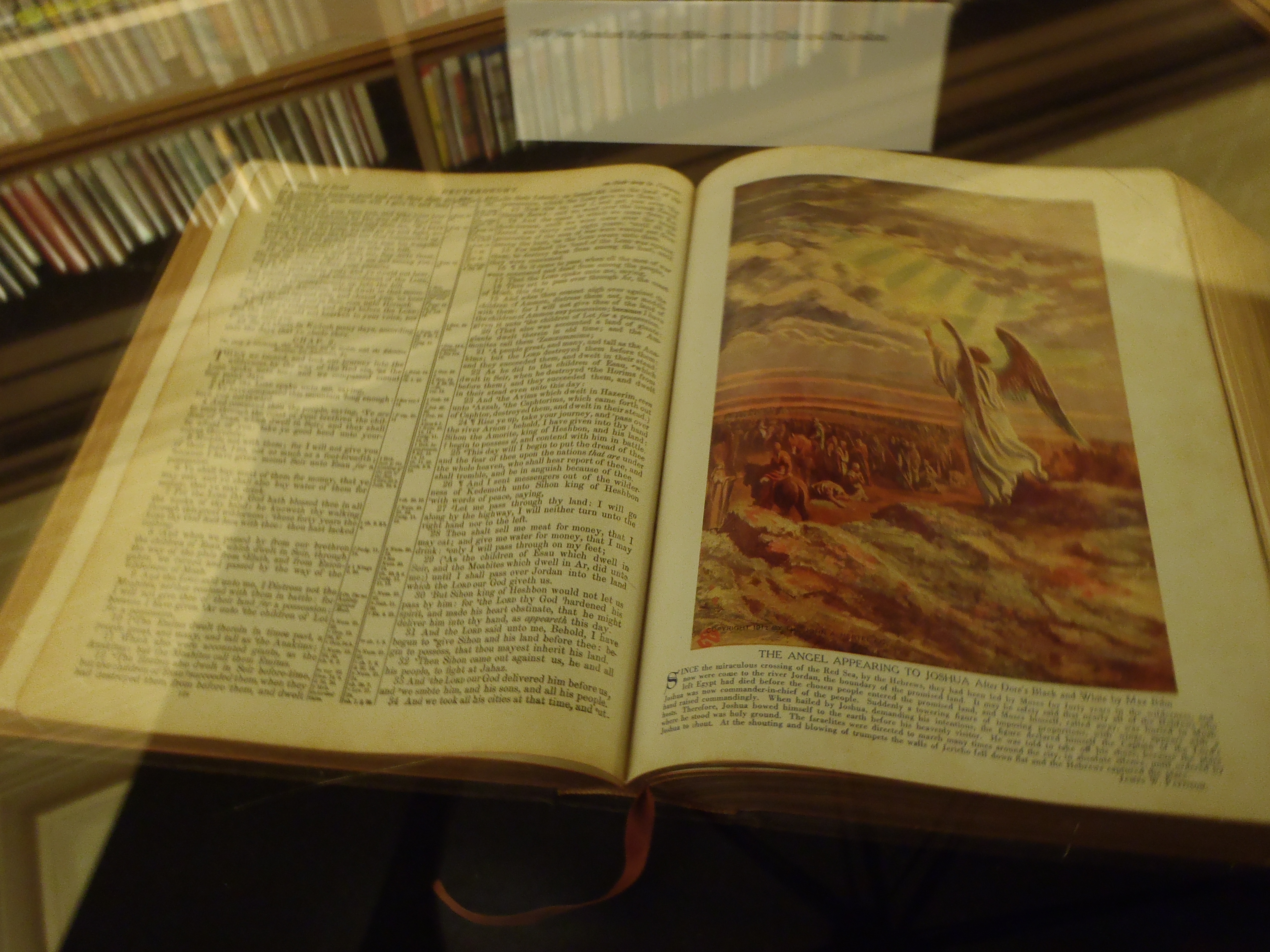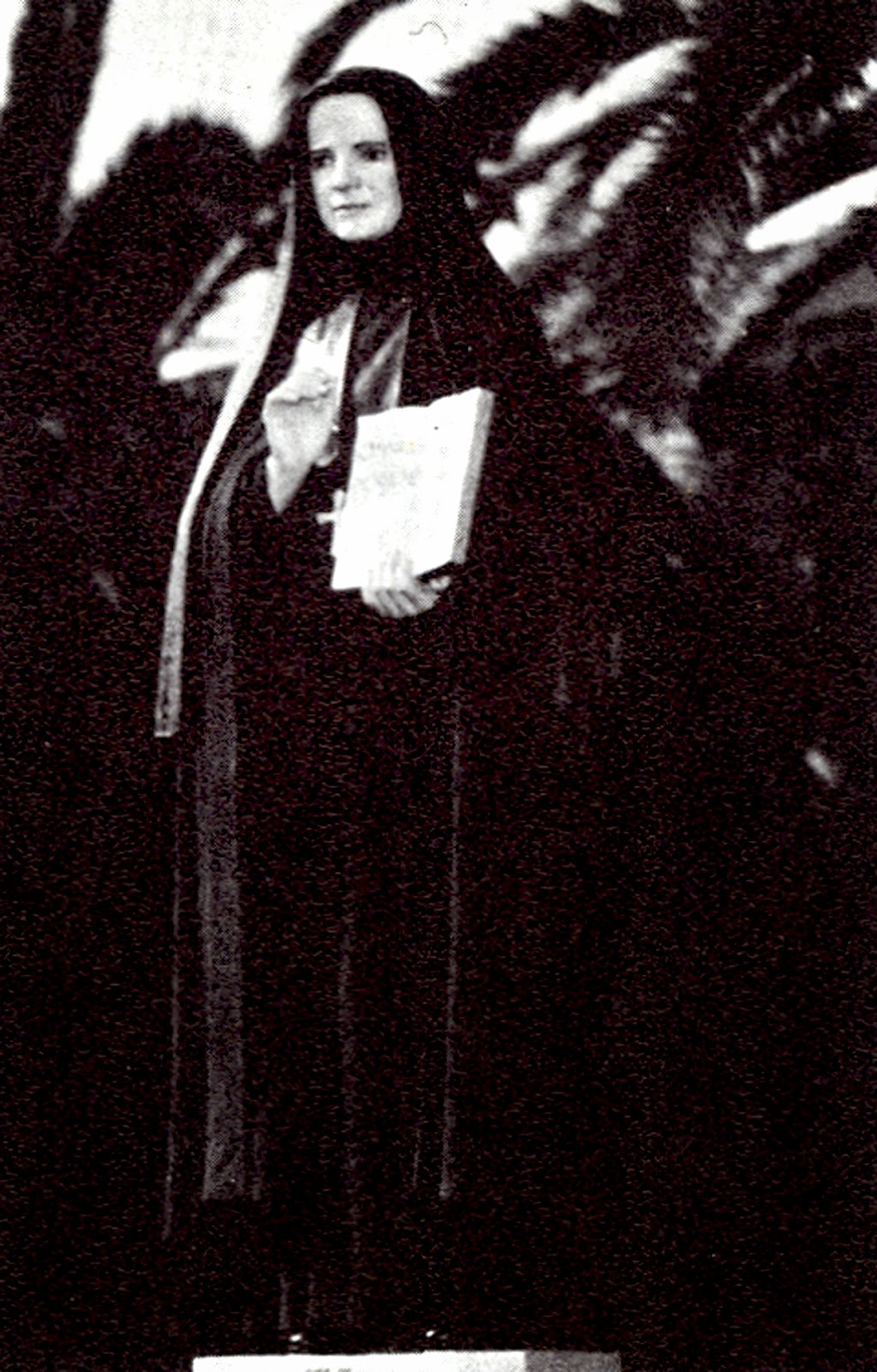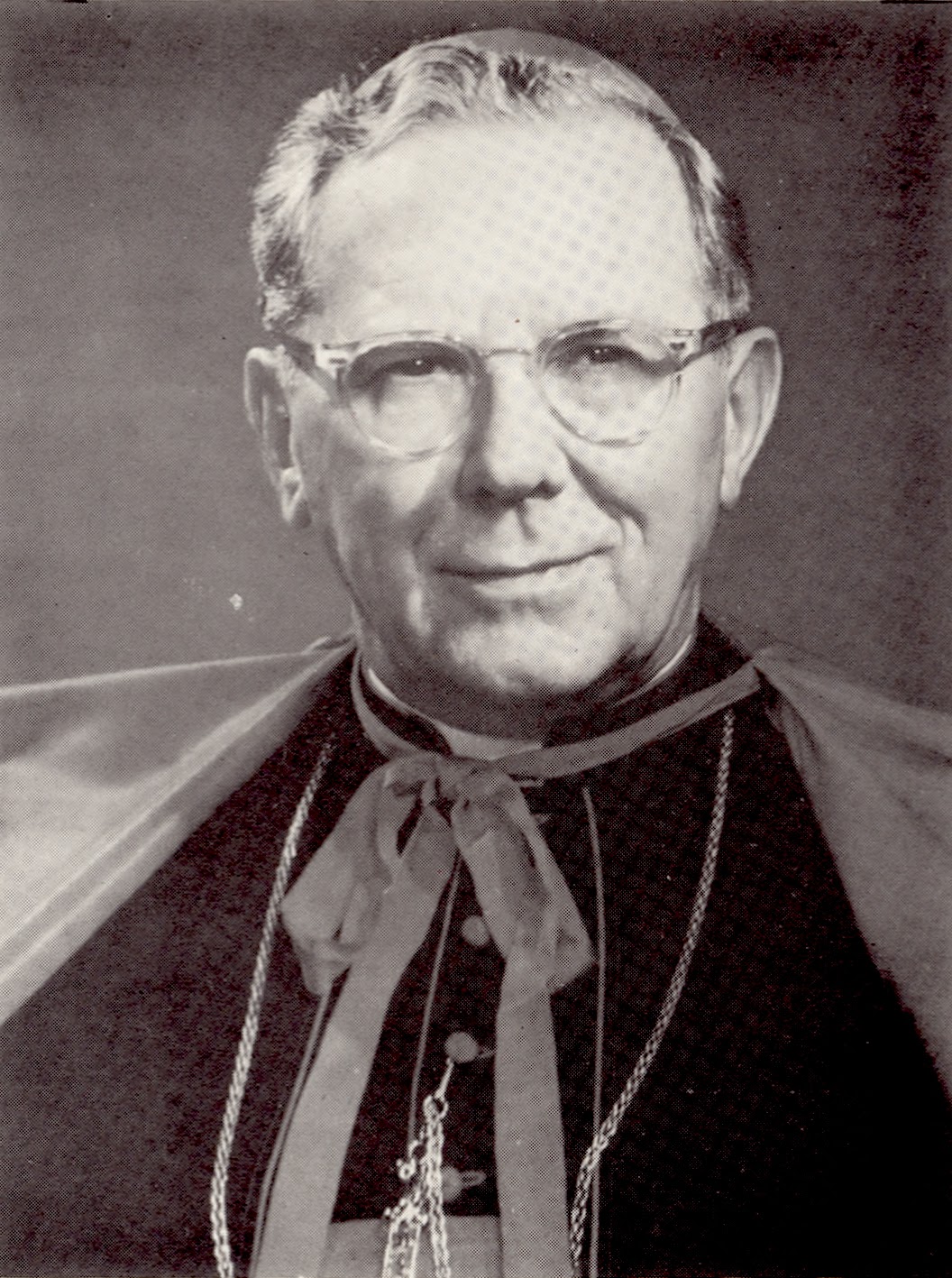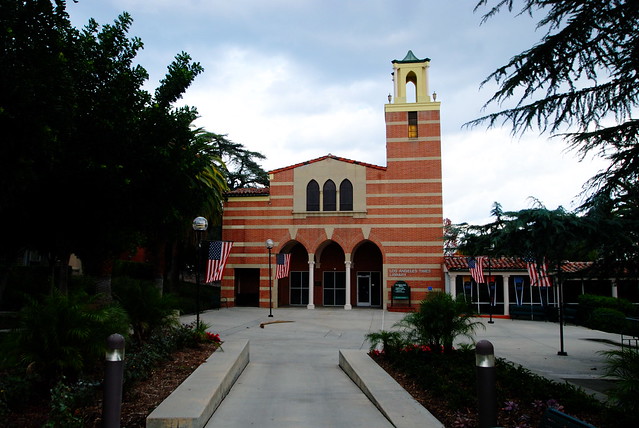Please remember that I'm NOT a Scholar -- and that I've just been rambling on the internet. I've been thinking out-loud in a very spontaneous (and often despondent manner). I'm NOT doing very well -- and things seem to be worsening. I'm serious about hiding-out in some small office-apartment in a somewhat cool location -- without doing or saying much of anything. I'm seeking to withdraw, rather than come into public-notice. I wish I could somehow anonymously publish a devotional-book to make a few-dollars and inspire a few-people. My crazy-stuff should probably remain within the relative-privacy of this website. Agents and Jesuits are probably the only ones who regularly read my tripe -- and they probably only do so because they're getting paid to monitor problem-people. I really believe that. Still, I think the Ellen White stuff is highly-interesting. But notice that I'm NOT proselytizing or trying to make a fast-buck. I just think this material fits right-in with my science-fiction and conspiracy-theories. Please remember that I remain Mostly-Neutral in the Midst of the Madness. Honest. This is almost as if I'm a script-writer for a TV-Series. It's almost a JOB -- except that I don't get paid. I get compensated with a Nervous-Breakdown in Perpetuity. I Hate My Life. Now I'm Going to Make the Coffee. What Would Jupiter Jones Do??
I wonder how many people on Earth have made it their mission in life to study the Roman Catholic Church and the Seventh-day Adventist Church side-by-side without being a member of ANY church?? Do you see my point?? These two organizations make an Interesting Contrasting-Pair (or sort of an Odd-Couple)!! Consider the following short-list as a possible backbone of such an approach:
1. The Holy Bible (NKJV) read straight-through (over and over).
2. The Five-Book Conflict of the Ages Series (Ellen White) read straight-through (over and over).
3. Vatican I -- The Life and Teachings of Pope Pius XII -- Vatican II (as a long-term side-by-side study).
4. Sacred Classical Music.
This takes more time, patience, and ability than most people have -- but a select-few academics in Catholic and/or SDA Universities might wish to attempt this nasty-task (preferably with the blessing of their employers). When I was researching a controversial-topic in an SDA college-library -- the librarian said, "You're not going to do anything with that, are you?? This church has enough trouble already." Don't be frightened. I mean no harm. Not much, anyway. For now. Protestant v Catholic Trench-Warfare on the Dark-Side of the Moon is SO Overrated!! I Come in Peace -- Even Though I'm Cracking-Up!! Perhaps I can go completely-insane in a 600 square-foot office-apartment on the Dark-Side of the Moon!! Perhaps I should STOP!!
http://www.whiteestate.org/books/pp/pp51.html To promote the assembling of the people for religious service, as well as to provide for the poor, a second tithe of all the increase was required. Concerning the first tithe, the Lord had declared, "I have given the children of Levi all the tenth in Israel." Numbers 18:21. But in regard to the second He commanded, "Thou shalt eat before the Lord thy God, in the place which He shall choose to place His name there, the tithe of thy corn, of thy wine, and of thine oil, and the firstlings of thy herds and of thy flocks; that thou mayest learn to fear the Lord thy God always." Deuteronomy 14:23, 29; 16:11-14. This tithe, or its equivalent in money, they were for two years to bring to the place where the sanctuary was established. After presenting a thank offering to God, and a specified portion to the priest, the offerers were to use the remainder for a religious feast, in which the Levite, the stranger, the fatherless, and the widow should participate. Thus provision was made for the thank offerings and feasts at the yearly festivals, and the people were drawn to the society of the priests and Levites, that they might receive instruction and encouragement in the service of God.
Every third year, however, this second tithe was to be used at home, in entertaining the Levite and the poor, as Moses said, "That they may eat within thy gates, and be filled." Deuteronomy 26:12. This tithe would provide a fund for the uses of charity and hospitality.
And further provision was made for the poor. There is nothing, after their recognition of the claims of God, that more distinguishes the laws given by Moses than the liberal, tender, and hospitable spirit enjoined toward the poor. Although God had promised greatly to bless His people, it was not His design that poverty should be wholly unknown among them. He declared that the poor should never cease out of the land. There would ever be those among His people who would call into exercise their sympathy, tenderness, and benevolence. Then, as now, persons were subject to misfortune, sickness, and loss of property; yet so long as they followed the instruction given by God, there were no beggars among them, neither any who suffered for food.
The law of God gave the poor a right to a certain portion of the produce of the soil. When hungry, a man was at liberty to go to his neighbor's field or orchard or vineyard, and eat of the grain or fruit to satisfy his hunger. It was in accordance with this permission that the disciples of Jesus plucked and ate of the standing grain as they passed through a field upon the Sabbath day.
All the gleanings of harvest field, orchard, and vineyard, belonged to the poor. "When thou cuttest down thine harvest in thy field," said Moses, "and hast forgot a sheaf in the field, thou shalt not go again to fetch it. . . . When thou beatest thine olive tree, thou shalt not go over the boughs again. . . . When thou gatherest the grapes of thy vineyard, thou shalt not glean it afterward: it shall be for the stranger, for the fatherless, and for the widow. And thou shalt remember that thou wast a bondman in the land of Egypt." Deuteronomy 24:19-22; Leviticus 19:9, 10.
Every seventh year special provision was made for the poor. The sabbatical year, as it was called, began at the end of the harvest. At the seedtime, which followed the ingathering, the people were not to sow; they should not dress the vineyard in the spring; and they must expect neither harvest nor vintage. Of that which the land produced spontaneously they might eat while fresh, but they were not to lay up any portion of it in their storehouses. The yield of this year was to be free for the stranger, the fatherless, and the widow, and even for the creatures of the field. Exodus 23:10, 11; Leviticus 25:5.
But if the land ordinarily produced only enough to supply the wants of the people, how were they to subsist during the year when no crops were gathered? For this the promise of God made ample provision. "I will command My blessing upon you in the sixth year," He said, "and it shall bring forth fruit for three years. And ye shall sow the eighth year, and eat yet of old fruit until the ninth year; until her fruits come in ye shall eat of the old store." Leviticus 25:21,22.
The observance of the sabbatical year was to be a benefit to both the land and the people. The soil, lying untilled for one season, would afterward produce more plentifully. The people were released from the pressing labors of the field; and while there were various branches of work that could be followed during this time, all enjoyed greater leisure, which afforded opportunity for the restoration of their physical powers for the exertions of the following years. They had more time for meditation and prayer, for acquainting themselves with the teachings and requirements of the Lord, and for the instruction of their households.
In the sabbatical year the Hebrew slaves were to be set at liberty, and they were not to be sent away portionless. The Lord's direction was: "When thou sendest him out free from thee, thou shalt not let him go away empty. Thou shalt furnish him liberally out of thy flock, and out of thy floor, and out of thy winepress: of that wherewith the Lord thy God hath blessed thee thou shalt give unto him." Deuteronomy 15:13, 14.
The hire of a laborer was to be promptly paid: "Thou shalt not oppress a hired servant that is poor and needy, whether he be of thy brethren, or of thy strangers that are in thy land: . . . at his day thou shalt give him his hire, neither shall the sun go down upon it; for he is poor, and setteth his heart upon it." Deuteronomy 24:14, 15.
Special directions were also given concerning the treatment of fugitives from service: "Thou shalt not deliver unto his master the servant which is escaped from his master unto thee. He shall dwell with thee, even among you, in that place which he shall choose in one of thy gates, where it liketh him best: thou shalt not oppress him." Deuteronomy 23:15, 16.
To the poor, the seventh year was a year of release from debt. The Hebrews were enjoined at all times to assist their needy brethren by lending them money without interest. To take usury from a poor man was expressly forbidden: "If thy brother be waxen poor, and fallen in decay with thee; then thou shalt relieve him: yea, though he be a stranger, or a sojourner; that he may live with thee. Take thou no usury of him, or increase: but fear thy God; that thy brother may live with thee. Thou shalt not give him thy money upon usury, nor lend him thy victuals for increase." Leviticus 25:35-37. If the debt remained unpaid until the year of release, the principal itself could not be recovered. The people were expressly warned against withholding from their brethren needed assistance on account of this: "If there be among you a poor man of one of thy brethren, . . . thou shalt not harden thine heart, nor shut thine hand from thy poor brother. . . . Beware that there be not a thought in thy wicked heart, saying, The seventh year, the year of release, is at hand; and thine eye be evil against thy poor brother, and thou givest him nought; and he cry unto the Lord against thee, and it be sin unto thee." "The poor shall never cease out of the land; therefore I command thee, saying, Thou shalt open thine hand wide unto thy brother, to thy poor, and to thy needy, in thy land," "and shalt surely lend him sufficient for his need, in that which he wanteth." Deuteronomy 15:7-9, 11, 8.
None need fear that their liberality would bring them to want. Obedience to God's commandments would surely result in prosperity. "Thou shalt lend unto many nations," He said, "but thou shalt not borrow; and thou shalt reign over many nations, but they shall not reign over thee." Deuteronomy 15:6.
After "seven sabbaths of years," "seven times seven years," came that great year of release--the jubilee. "Then shalt thou cause the trumpet of the jubilee to sound . . . throughout all your land. And ye shall hallow the fiftieth year, and proclaim liberty throughout all the land unto all the inhabitants thereof: it shall be a jubilee unto you; and ye shall return every man unto his possession, and ye shall return every man unto his family." Leviticus 25:9, 10.
"On the tenth day of the seventh month, in the Day of Atonement," the trumpet of the jubilee was sounded. Throughout the land, wherever the Jewish people dwelt, the sound was heard, calling upon all the children of Jacob to welcome the year of release. On the great Day of Atonement satisfaction was made for the sins of Israel, and with gladness of heart the people would welcome the jubilee.
As in the sabbatical year, the land was not to be sown or reaped, and all that it produced was to be regarded as the rightful property of the poor. Certain classes of Hebrew slaves--all who did not receive their liberty in the sabbatical year--were now set free. But that which especially distinguished the year of jubilee was the reversion of all landed property to the family of the original possessor. By the special direction of God the land had been divided by lot. After the division was made no one was at liberty to trade his estate. Neither was he to sell his land unless poverty compelled him to do so, and then, whenever he or any of his kindred might desire to redeem it, the purchaser must not refuse to sell it; and if unredeemed, it would revert to its first possessor or his heirs in the year of jubilee.
The Lord declared to Israel: "The land shall not be sold forever: for the land is Mine; for ye are strangers and sojourners with Me." Leviticus 25:23. The people were to be impressed with the fact that it was God's land which they were permitted to possess for a time; that He was the rightful owner, the original proprietor, and that He would have special consideration made for the poor and unfortunate. It was to be impressed upon the minds of all that the poor have as much right to a place in God's world as have the more wealthy.
Such were the provisions made by our merciful Creator, to lessen suffering, to bring some ray of hope, to flash some gleam of sunshine, into the life of the destitute and distressed.
The Lord would place a check upon the inordinate love of property and power. Great evils would result from the continued accumulation of wealth by one class, and the poverty and degradation of another. Without some restraint the power of the wealthy would become a monopoly, and the poor, though in every respect fully as worthy in God's sight, would be regarded and treated as inferior to their more prosperous brethren. The sense of this oppression would arouse the passions of the poorer class. There would be a feeling of despair and desperation which would tend to demoralize society and open the door to crimes of every description. The regulations that God established were designed to promote social equality. The provisions of the sabbatical year and the jubilee would, in a great measure, set right that which during the interval had gone wrong in the social and political economy of the nation.
These regulations were designed to bless the rich no less than the poor. They would restrain avarice and a disposition for self-exaltation, and would cultivate a noble spirit of benevolence; and by fostering good will and confidence between all classes, they would promote social order, the stability of government. We are all woven together in the great web of humanity, and whatever we can do to benefit and uplift others will reflect in blessing upon ourselves. The law of mutual dependence runs through all classes of society. The poor are not more dependent upon the rich than are the rich upon the poor. While the one class ask a share in the blessings which God has bestowed upon their wealthier neighbors, the other need the faithful service, the strength of brain and bone and muscle, that are the capital of the poor.
Great blessings were promised to Israel on condition of obedience to the Lord's directions. "I will give you rain in due season," He declared, "and the land shall yield her increase, and the trees of the field shall yield their fruit. And your threshing shall reach unto the vintage, and the vintage shall reach unto the sowing time: and ye shall eat your bread to the full, and dwell in your land safely. And I will give peace in the land, and ye shall lie down, and none shall make you afraid: and I will rid evil beasts out of the land, neither shall the sword go through your land. . . . I will walk among you, and will be your God, and ye shall be My people. . . . But if ye will not hearken unto Me, and will not do all these commandments; and . . . ye break My covenant: . . . ye shall sow your seed in vain, for your enemies shall eat it. And I will set My face against you, and ye shall be slain before your enemies: they that hate you shall reign over you; and ye shall flee when none pursueth you." Leviticus 26: 4-17.
There are many who urge with great enthusiasm that all men should have an equal share in the temporal blessings of God. But this was not the purpose of the Creator. A diversity of condition is one of the means by which God designs to prove and develop character. Yet He intends that those who have worldly possessions shall regard themselves merely as stewards of His goods, as entrusted with means to be employed for the benefit of the suffering and the needy.
Christ has said that we shall have the poor always with us, and He unites His interest with that of His suffering people. The heart of our Redeemer sympathizes with the poorest and lowliest of His earthly children. He tells us that they are His representatives on earth. He has placed them among us to awaken in our hearts the love that He feels toward the suffering and oppressed. Pity and benevolence shown to them are accepted by Christ as if shown to Himself. An act of cruelty or neglect toward them is regarded as though done to Him.
If the law given by God for the benefit of the poor had continued to be carried out, how different would be the present condition of the world, morally, spiritually, and temporally! Selfishness and self-importance would not be manifested as now, but each would cherish a kind regard for the happiness and welfare of others; and such widespread destitution as is now seen in many lands would not exist.
The principles which God has enjoined, would prevent the terrible evils that in all ages have resulted from the oppression of the rich toward the poor and the suspicion and hatred of the poor toward the rich. While they might hinder the amassing of great wealth and the indulgence of unbounded luxury, they would prevent the consequent ignorance and degradation of tens of thousands whose ill-paid servitude is required to build up these colossal fortunes. They would bring a peaceful solution of those problems that now threaten to fill the world with anarchy and bloodshed.
http://www.whiteestate.org/books/pp/pp52.html There were three annual assemblies of all Israel for worship at the sanctuary. Exodus 23:14-16. Shiloh was for a time the place of these gatherings; but Jerusalem afterward became the center of the nation's worship, and here the tribes convened for the solemn feasts.
The people were surrounded by fierce, warlike tribes, that were eager to seize upon their lands; yet three times every year all the able-bodied men and all the people who could make the journey were directed to leave their homes and repair to the place of assembly, near the center of the land. What was to hinder their enemies from sweeping down upon those unprotected households, to lay them waste with fire and sword? What was to prevent an invasion of the land, that would bring Israel into captivity to some foreign foe? God had promised to be the protector of His people. "The angel of Jehovah encampeth round about them that fear Him, and delivereth them." Psalm 34:7. While the Israelites went up to worship, divine power would place a restraint upon their enemies. God's promise was, "I will cast out the nations before thee, and enlarge thy borders: neither shall any man desire thy land, when thou shalt go up to appear before the Lord thy God thrice in the year." Exodus 34:24.
The first of these festivals, the Passover, the feast of unleavened bread, occurred in Abib, the first month of the Jewish year, corresponding to the last of March and the beginning of April. The cold of winter was past, the latter rain had ended, and all nature rejoiced in the freshness and beauty of the springtime. The grass was green on the hills and valleys, and wild flowers everywhere brightened the fields. The moon, now approaching the full, made the evenings delightful. It was the season so beautifully pictured by the sacred singer:
"The winter is past,
The rain is over and gone;
The flowers appear on the earth;
The time of the singing of birds is come,
And the voice of the turtle is heard in our land;
The fig tree ripeneth her green figs,
And the vines are in blossom,
They give forth their fragrance." Song of Solomon 2:11-13, R.V.
Throughout the land bands of pilgrims were making their way toward Jerusalem. The shepherds from their flocks, the herdsmen from the mountains, fishers from the Sea of Galilee, the husbandmen from their fields, and sons of the prophets from the sacred schools--all turned their steps toward the place where God's presence was revealed. They journeyed by short stages, for many went on foot. The caravans were constantly receiving accessions, and often became very large before reaching the Holy City.
Nature's gladness awakened joy in the hearts of Israel and gratitude to the Giver of all good. The grand Hebrew psalms were chanted, exalting the glory and majesty of Jehovah. At the sound of the signal trumpet, with the music of cymbals, the chorus of thanksgiving arose, swelled by hundreds of voices:
"I was glad when they said unto me,
Let us go unto the house of the Lord.
Our feet are standing
Within thy gates, O Jerusalem. . . .
Whither the tribes go up, even the tribes of the Lord, . . .
To give thanks unto the name of Jehovah. . . .
Pray for the peace of Jerusalem:
They shall prosper that love thee." Psalm 122:1-6, R.V.
As they saw around them the hills where the heathen had been wont to kindle their altar fires, the children of Israel sang:
"Shall I lift up mine eyes to the hills?
Whence should my help come?
My help cometh from Jehovah,
Which made heaven and earth." Psalm 121:1, 2 (margin).
"They that trust in the Lord
Are as Mount Zion, which cannot be moved, but abideth forever.
As the mountains are round about Jerusalem,
So the Lord is round about His people,
From this time forth and forevermore." Psalm 125:1, 2, R.V.
Surmounting the hills in view of the Holy City, they looked with reverent awe upon the throngs of worshipers wending their way to the temple. They saw the smoke of the incense ascending, and as they heard the trumpets of the Levites heralding the sacred service, they caught the inspiration of the hour, and sang:
"Great is the Lord, and greatly to be praised
In the city of our God, in the mountain of His holiness.
Beautiful for situation, the joy of the whole earth,
Is Mount Zion, on the sides of the north,
The city of the great King."
Psalm 48:1, 2.
"Peace be within thy walls,
And prosperity within thy palaces."
"Open to me the gates of righteousness:
I will go into them, and I will praise the Lord."
"I will pay my vows unto the Lord
Now in the presence of all His people,
In the courts of the Lord's house,
In the midst of thee, O Jerusalem,
Praise ye the Lord."
Psalm 122:7; 118:19; 116:18, 19.
All the houses in Jerusalem were thrown open to the pilgrims, and rooms were furnished free; but this was not sufficient for the vast assembly, and tents were pitched in every available space in the city and upon the surrounding hills.
On the fourteenth day of the month, at even, the Passover was celebrated, its solemn, impressive ceremonies commemorating the deliverance from bondage in Egypt, and pointing forward to the sacrifice that should deliver from the bondage of sin. When the Saviour yielded up His life on Calvary, the significance of the Passover ceased, and the ordinance of the Lord's Supper was instituted as a memorial of the same event of which the Passover had been a type.
The Passover was followed by the seven day's feast of unleavened bread. The first and the seventh day were days of holy convocation, when no servile work was to be performed. On the second day of the feast, the first fruits of the year's harvest were presented before God. Barley was the earliest grain in Palestine, and at the opening of the feast it was beginning to ripen. A sheaf of this grain was waved by the priest before the altar of God, as an acknowledgment that all was His. Not until this ceremony had been performed was the harvest to be gathered.
Fifty days from the offering of first fruits, came the Pentecost, called also the feast of harvest and the feast of weeks. As an expression of gratitude for the grain prepared as food, two loaves baked with leaven were presented before God. The Pentecost occupied but one day, which was devoted to religious service.
In the seventh month came the Feast of Tabernacles, or of ingathering. This feast acknowledged God's bounty in the products of the orchard, the olive grove, and the vineyard. It was the crowning festal gathering of the year. The land had yielded its increase, the harvests had been gathered into the granaries, the fruits, the oil, and the wine had been stored, the first fruits had been reserved, and now the people came with their tributes of thanksgiving to God, who had thus richly blessed them.
This feast was to be pre-eminently an occasion of rejoicing. It occurred just after the great Day of Atonement, when the assurance had been given that their iniquity should be remembered no more. At peace with God, they now came before Him to acknowledge His goodness and to praise Him for His mercy. The labors of the harvest being ended, and the toils of the new year not yet begun, the people were free from care, and could give themselves up to the sacred, joyous influences of the hour. Though only the fathers and sons were commanded to appear at the feasts, yet, so far as possible, all the household were to attend them, and to their hospitality the servants, the Levites, the stranger, and the poor were made welcome.
Like the Passover, the Feast of Tabernacles was commemorative. In memory of their pilgrim life in the wilderness the people were now to leave their houses and dwell in booths, or arbors, formed from the green branches "of goodly trees, branches of palm trees, and the boughs of thick trees, and willows of the brook." Leviticus 23:40, 42, 43.
The first day was a holy convocation, and to the seven days of the feast an eighth day was added, which was observed in like manner.
At these yearly assemblies the hearts of old and young would be encouraged in the service of God, while the association of the people from the different quarters of the land would strengthen the ties that bound them to God and to one another. Well would it be for the people of God at the present time to have a Feast of Tabernacles--a joyous commemoration of the blessings of God to them. As the children of Israel celebrated the deliverance that God had wrought for their fathers, and His miraculous preservation of them during their journeyings from Egypt, so should we gratefully call to mind the various ways He has devised for bringing us out from the world, and from the darkness of error, into the precious light of His grace and truth.
With those who lived at a distance from the tabernacle, more than a month of every year must have been occupied in attendance upon the annual feasts. This example of devotion to God should emphasize the importance of religious worship and the necessity of subordinating our selfish, worldly interests to those that are spiritual and eternal. We sustain a loss when we neglect the privilege of associating together to strengthen and encourage one another in the service of God. The truths of His word lose their vividness and importance in our minds. Our hearts cease to be enlightened and aroused by the sanctifying influence, and we decline in spirituality. In our intercourse as Christians we lose much by lack of sympathy with one another. He who shuts himself up to himself is not filling the position that God designed he should. We are all children of one Father, dependent upon one another for happiness. The claims of God and of humanity are upon us. It is the proper cultivation of the social elements of our nature that brings us into sympathy with our brethren and affords us happiness in our efforts to bless others.
The Feast of Tabernacles was not only commemorative but typical. It not only pointed back to the wilderness sojourn, but, as the feast of harvest, it celebrated the ingathering of the fruits of the earth, and pointed forward to the great day of final ingathering, when the Lord of the harvest shall send forth His reapers to gather the tares together in bundles for the fire, and to gather the wheat into His garner. At that time the wicked will all be destroyed. They will become "as though they had not been." Obadiah 16. And every voice in the whole universe will unite in joyful praise to God. Says the revelator, "Every creature which is in heaven, and on the earth, and under the earth, and such as are in the sea, and all that are in them, heard I saying, Blessing, and honor, and glory, and power, be unto Him that sitteth upon the throne, and unto the Lamb forever and ever." Revelation 5:13.
The people of Israel praised God at the Feast of Tabernacles, as they called to mind His mercy in their deliverance from the bondage of Egypt and His tender care for them during their pilgrim life in the wilderness. They rejoiced also in the consciousness of pardon and acceptance, through the service of the Day of Atonement, just ended. But when the ransomed of the Lord shall have been safely gathered into the heavenly Canaan, forever delivered from the bondage of the curse, under which "the whole creation groaneth and travaileth in pain together until now" (Romans 8:22), they will rejoice with joy unspeakable and full of glory. Christ's great work of atonement for men will then have been completed, and their sins will have been forever blotted out.
"The wilderness and the solitary place shall be glad for them;
And the desert shall rejoice, and blossom as the rose.
It shall blossom abundantly, and rejoice even with joy and
singing:
The glory of Lebanon shall be given unto it,
The excellency of Carmel and Sharon;
They shall see the glory of the Lord, and the excellency of our
God.
"Then the eyes of the blind shall be opened,
And the ears of the deaf shall be unstopped.
Then shall the lame man leap as an hart,
And the tongue of the dumb sing:
"For in the wilderness shall waters break out,
And streams in the desert.
And the parched ground shall become a pool,
And the thirsty land springs of water: . . .
"And an highway shall be there, and a way,
And it shall be called The way of holiness;
The unclean shall not pass over it;
But it shall be for those:
The wayfaring men, though fools, shall not err therein.
"No lion shall be there,
Nor any ravenous beast shall go up thereon,
It shall not be found there;
But the redeemed shall walk there:
"And the ransomed of the Lord shall return,
And come to Zion with songs
And everlasting joy upon their heads:
They shall obtain joy and gladness,
And sorrow and sighing shall flee away."
Isaiah 35:1, 2, 5-10.


















.jpg)











